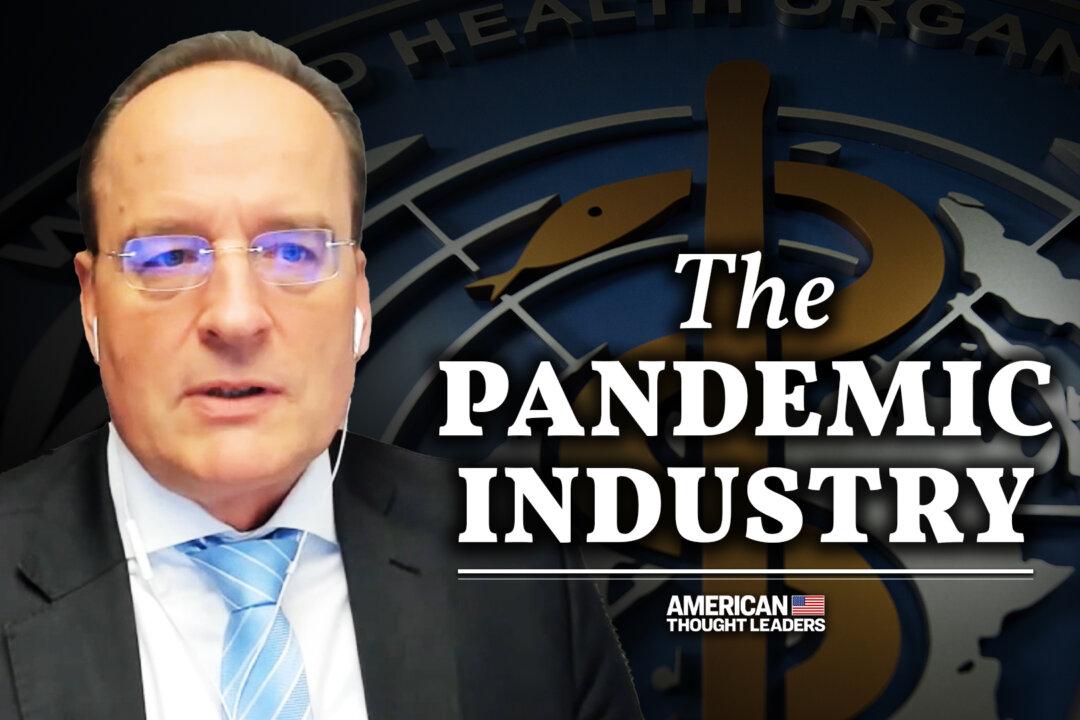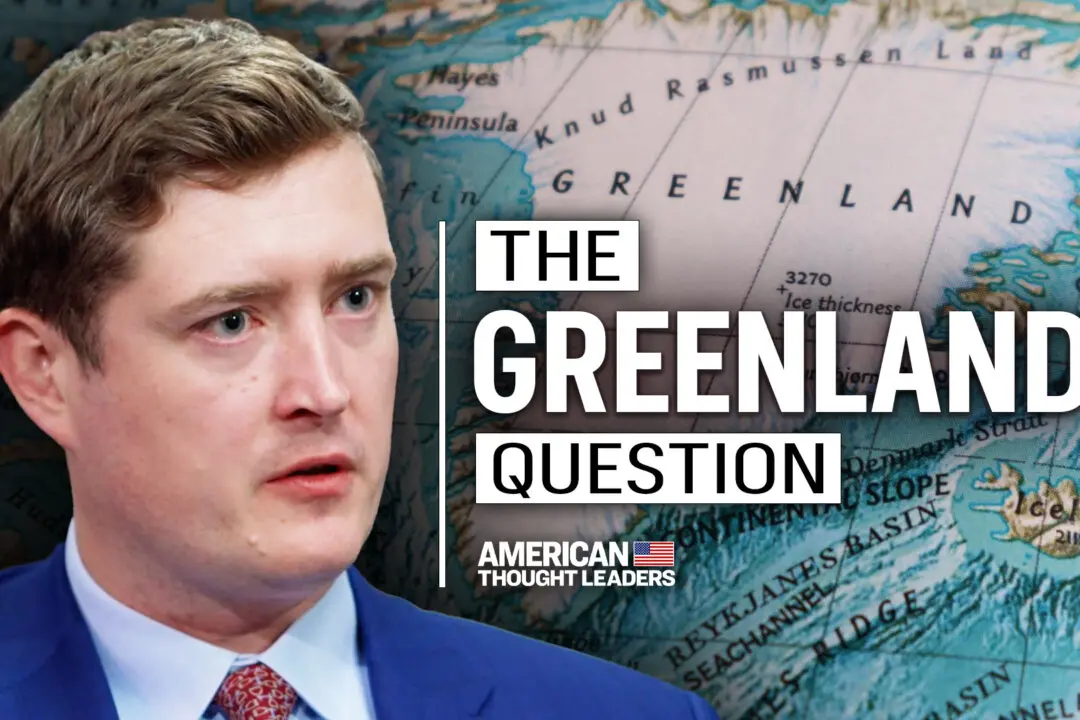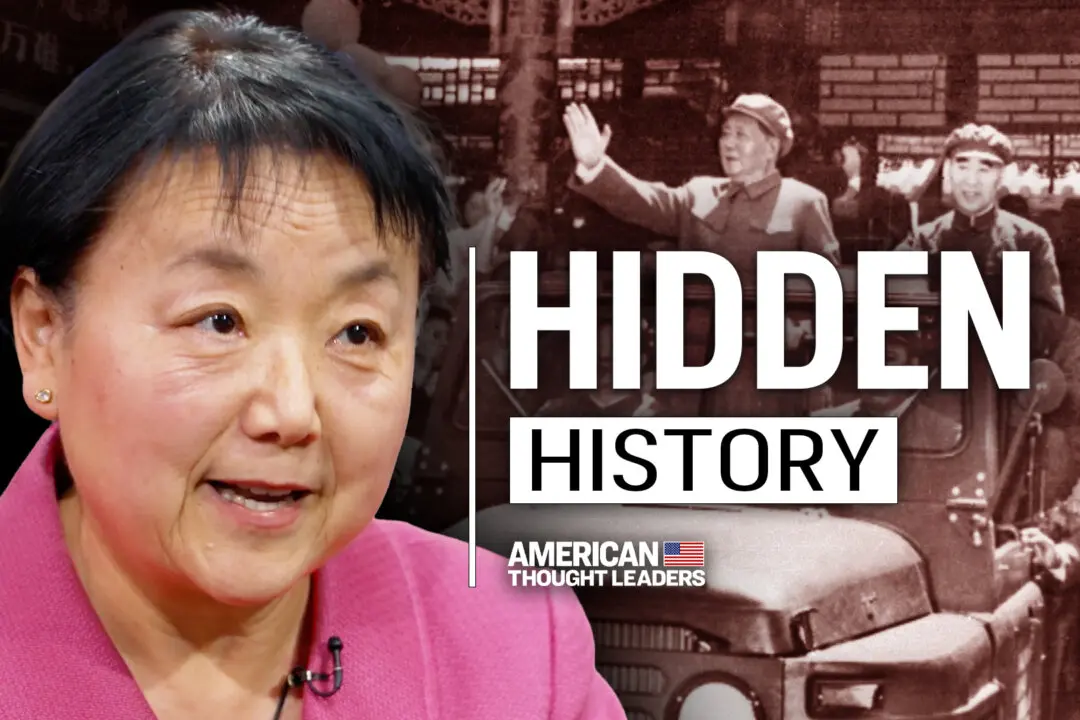In this recent episode of American Thought Leaders, host Jan Jekielek talks with Swiss attorney Philipp Kruse, who specializes in international law. He has filed and publicly released a criminal complaint against Swissmedic, the government agency in Switzerland that regulates drugs and medical products. He has also examined, line by line, the World Health Organization’s new pandemic treaty and amendments to international health regulations.
Jan Jekielek: In response to the Covid-19 pandemic, there’s an update to the international health regulations and a new pandemic treaty. Please give us a sense of what’s happening.






